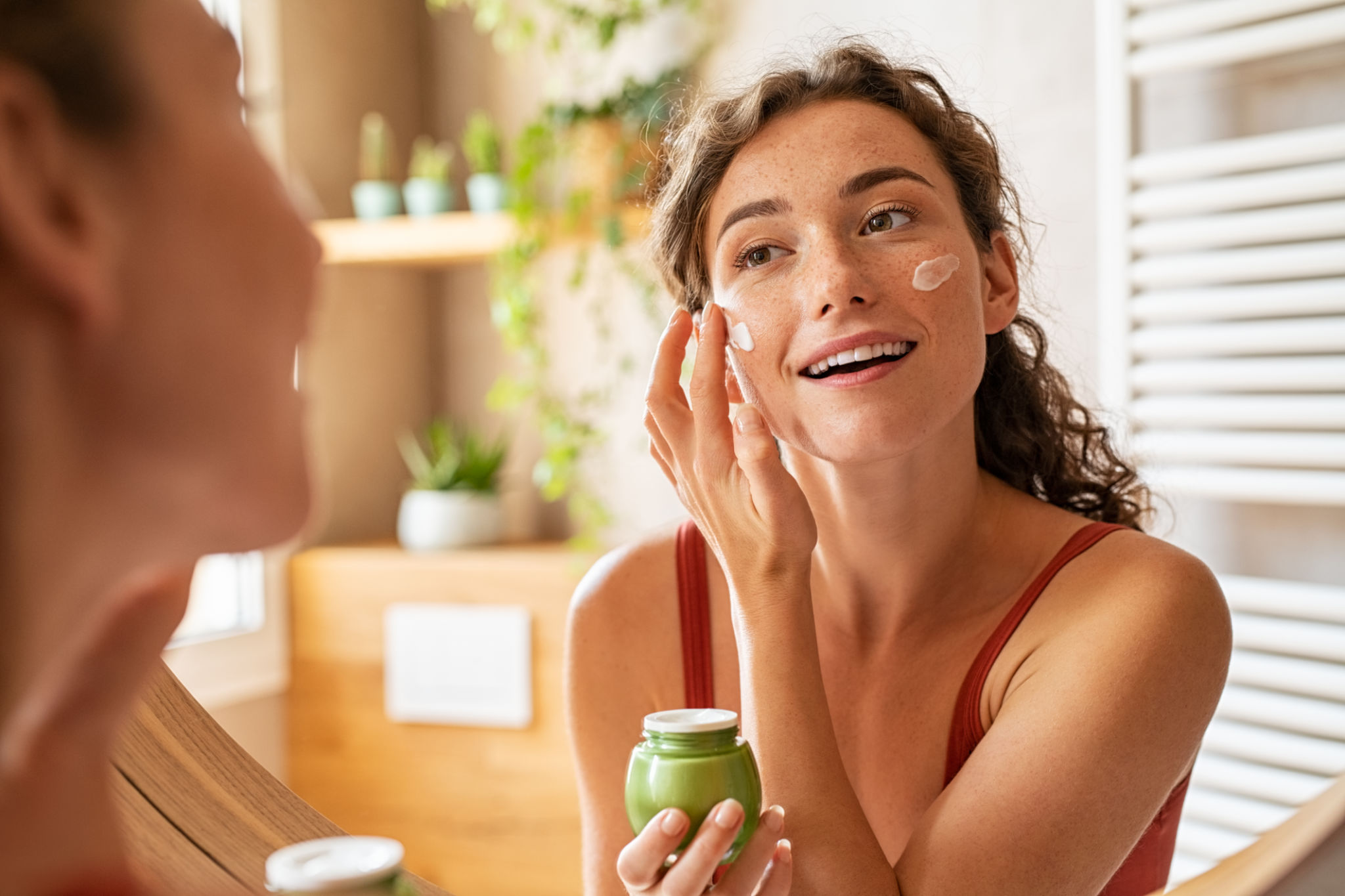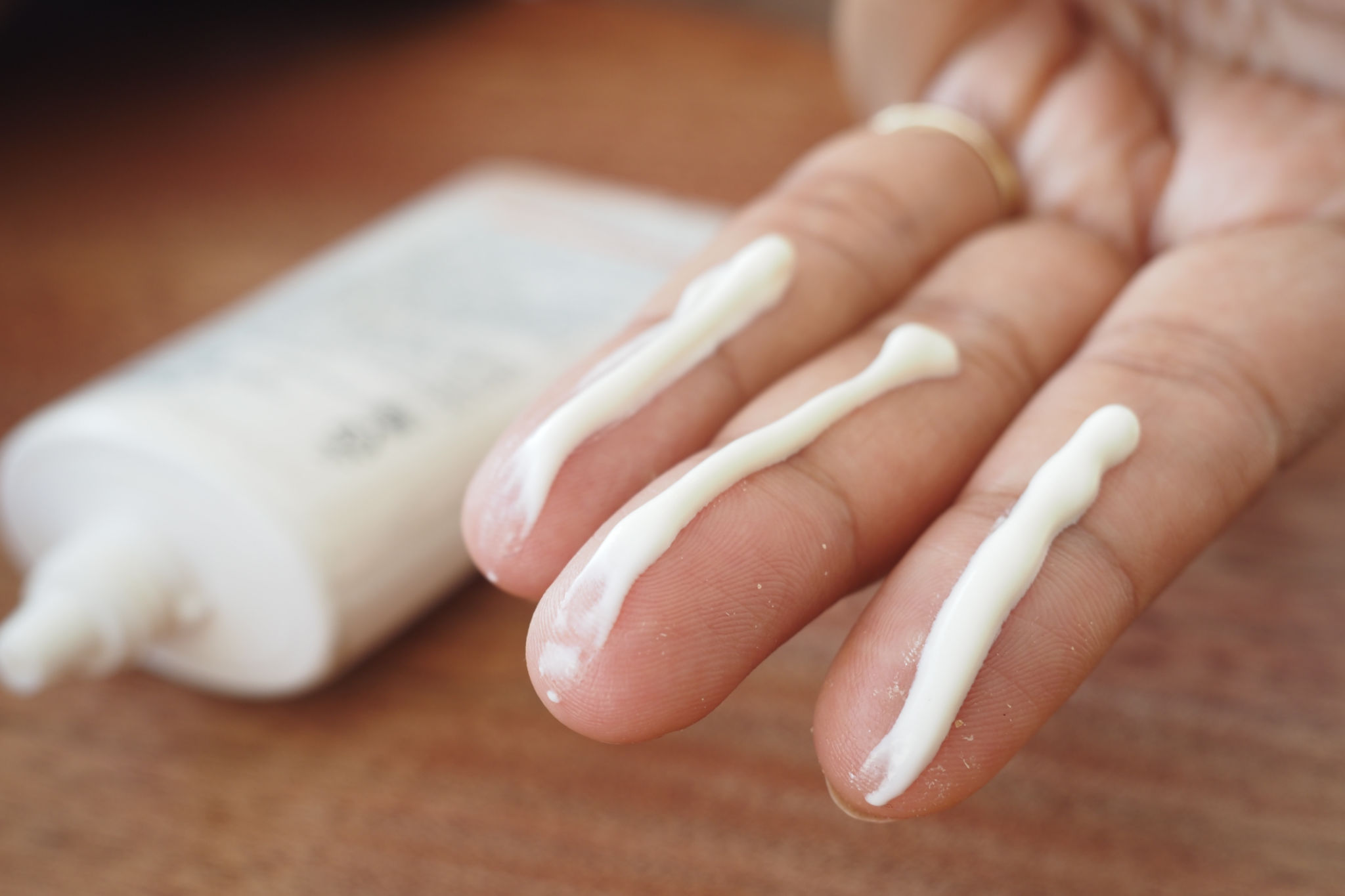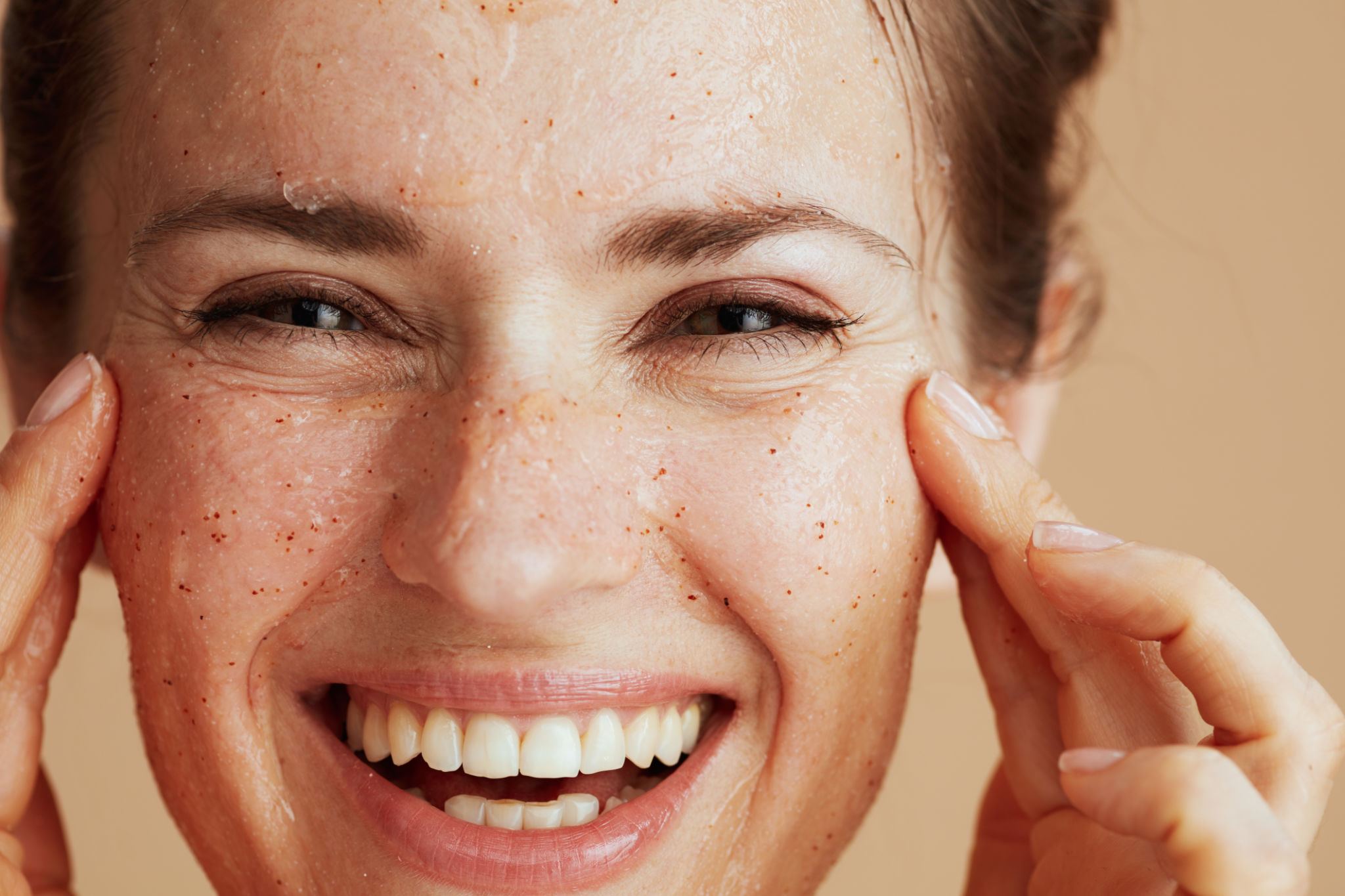Debunking Skincare Myths: What Really Works and What Doesn't
Understanding Skincare Myths
In the world of skincare, myths abound. With countless tips and tricks circulating online, it's easy to get confused about what truly benefits your skin. Whether it's advice passed down through generations or viral trends on social media, not everything you hear is worth believing. Let's explore some common skincare myths and uncover what genuinely works.

Myth: Natural Ingredients Are Always Better
While it's tempting to believe that natural ingredients are inherently superior, this isn't always the case. Some natural ingredients can indeed be beneficial, but others might cause irritation or allergic reactions. For instance, lemon juice is often touted for its lightening properties, yet it can be harsh and lead to dryness or increased sensitivity to sunlight.
It's important to remember that a product's effectiveness isn't determined solely by its natural origin. Synthetic ingredients can also be safe and effective, often being more stable and consistent in their formulation. The key is to focus on evidence-based ingredients that are proven to work, regardless of their origin.
Myth: You Don't Need Sunscreen Indoors
A common misconception is that sunscreen is only necessary when you're outside. However, UVA rays, which contribute to skin aging and cancer, can penetrate windows. Even if you're indoors, you're still exposed to these harmful rays. Wearing sunscreen daily, rain or shine, indoors or outdoors, is one of the most effective ways to protect your skin.

What Actually Works
The Importance of Hydration
Hydration is a cornerstone of a good skincare routine. Well-hydrated skin is more resilient and better equipped to repair itself. Drinking enough water is essential, but don't underestimate the power of topical hydration. Look for moisturizers with ingredients like hyaluronic acid and glycerin, which help retain moisture and keep your skin plump and smooth.
Exfoliation: Less Is More
Exfoliation helps remove dead skin cells and promotes cell turnover, leading to a brighter complexion. However, over-exfoliating can damage the skin barrier, causing irritation and sensitivity. It's crucial to find a balance and choose gentle exfoliants that suit your skin type. Chemical exfoliants such as AHAs and BHAs can be effective without the harshness of physical scrubs.

Skincare Routine Essentials
Creating a basic yet effective skincare routine doesn't have to be complicated. Here are the essential steps:
- Cleansing: Use a gentle cleanser to remove dirt and impurities without stripping your skin's natural oils.
- Toning: A toner can help balance your skin's pH and prep it for other products.
- Treatment: Incorporate serums or treatments targeting specific concerns like acne or hyperpigmentation.
- Moisturizing: Lock in hydration with a suitable moisturizer for your skin type.
- Sunscreen: Apply sunscreen as the final step in your morning routine.
The Role of Diet in Skincare
A balanced diet rich in antioxidants, vitamins, and minerals can support healthy skin from within. Foods high in omega-3 fatty acids, such as salmon and walnuts, are known for their anti-inflammatory properties. Meanwhile, fruits and vegetables provide essential nutrients that protect against oxidative stress.

Debunking skincare myths allows you to focus on what truly benefits your skin. By understanding what works and what doesn't, you can create a personalized routine that supports your skin's health and beauty effectively.